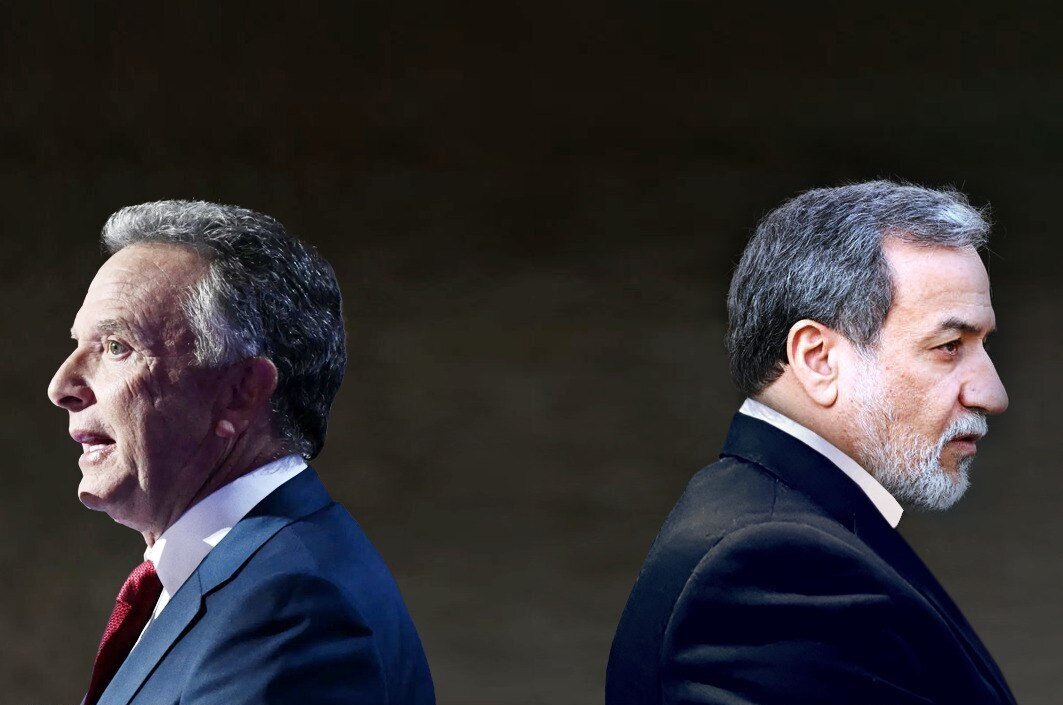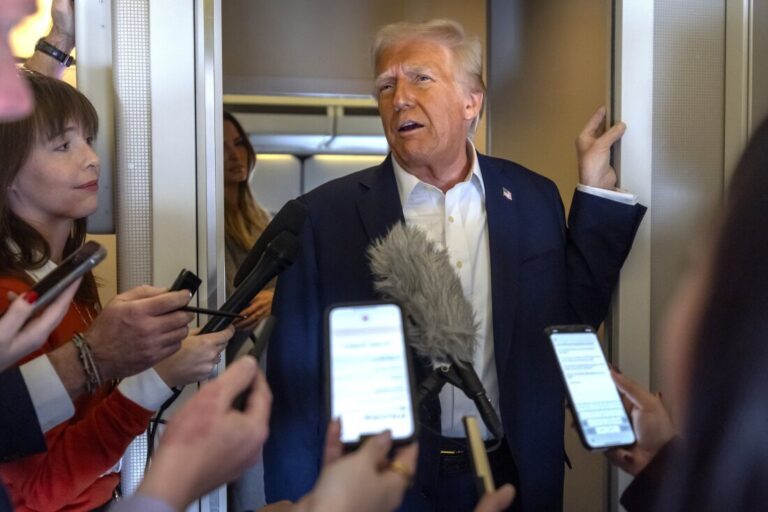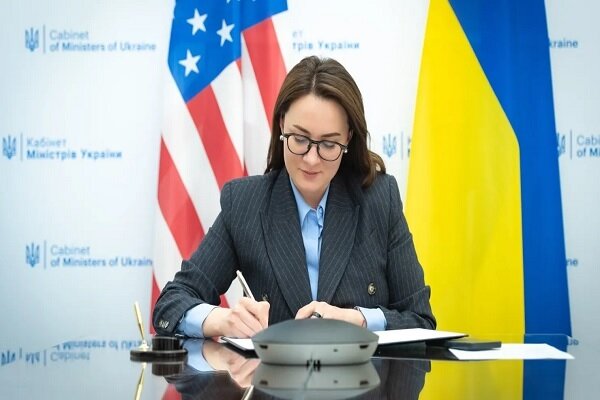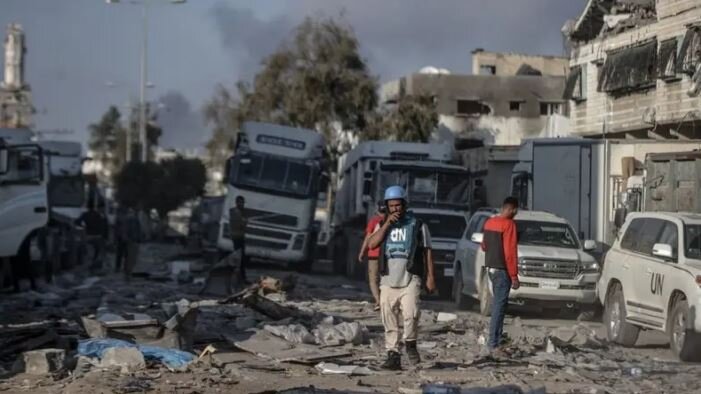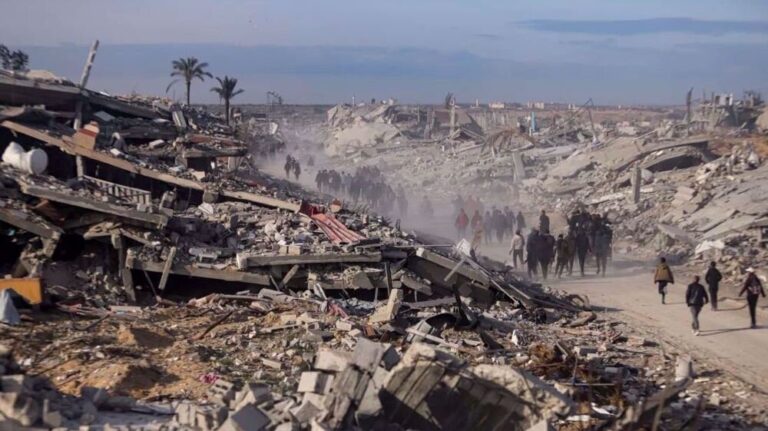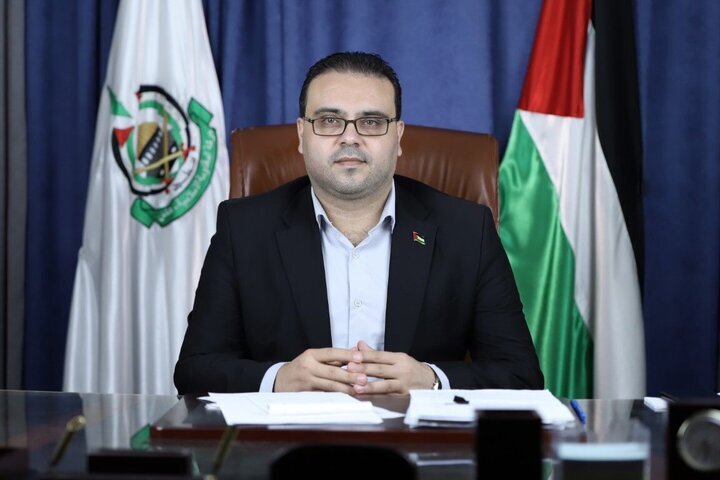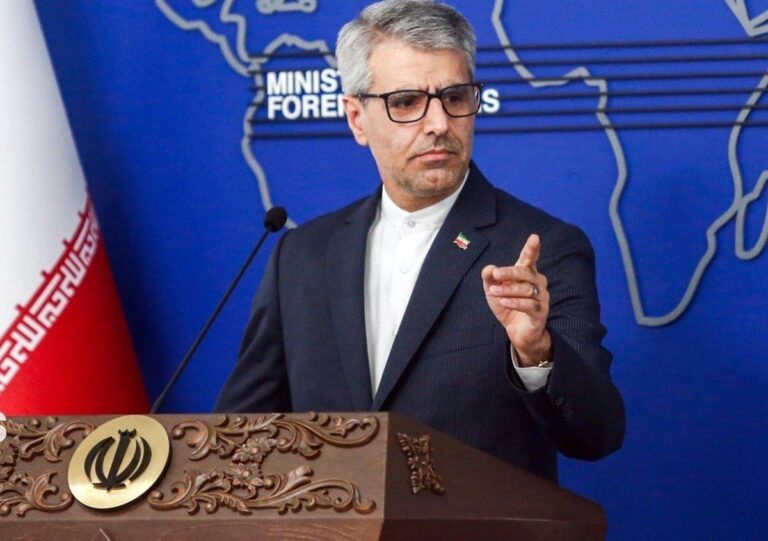New Insights Emerge: Iranian Source Unveils Key Details on Iran-US Negotiations
The upcoming indirect negotiations between Iran and the United States are set to take place in Muscat, Oman, highlighting a significant diplomatic effort. This meeting aims to foster dialogue and address ongoing tensions, with the Iranian delegation led by Foreign Minister Seyyed Abbas Araqchi and the American side represented by Special Envoy Steve Witkoff. According to reports from Tasnim News Agency, this crucial meeting is intended to explore pathways to resolution amid complex geopolitical dynamics.
The Iranian and American delegations are expected to arrive in Muscat before noon on Saturday. Following their arrival, they will engage in discussions with the Omani Foreign Minister, who will serve an essential role as an intermediary. This diplomatic effort underscores the importance of dialogue in international relations, especially in the context of the lasting tensions between the two nations.
Key details about the upcoming negotiations include:
- Location: Muscat, Oman
- Iranian Delegation Leader: Foreign Minister Seyyed Abbas Araqchi
- American Delegation Leader: Special Envoy Steve Witkoff
- Intermediary Role: Omani Foreign Minister
The Tasnim report also specified that there has been a circulating rumor regarding Witkoff’s participation in the negotiations. However, it was noted that “The rumor that Whitaker will not travel to Oman if direct negotiations are not held has not been confirmed by any source so far.” This assertion suggests that both parties are still committed to engaging in dialogue, despite uncertainties surrounding the format of their discussions.
In a statement made earlier on social media platform X, the spokesperson for the Iranian foreign ministry expressed a positive outlook on the negotiations. He stated, “In earnest and with candid vigilance we are giving diplomacy a genuine chance.” This comment reflects a willingness to pursue diplomacy and emphasizes the significance of the current negotiations.
The spokesperson continued, urging the United States to recognize the importance of this diplomatic initiative, saying, “US should value this decision formed despite their prevailing confrontational hoopla.” Such remarks indicate a desire for constructive engagement and suggest that Iran is open to exploring avenues for resolution, provided that the U.S. reciprocates this commitment.
The Iranian diplomat further stated, “We don’t prejudge, we don’t predict,” outlining a cautious but open approach to the talks. He emphasized the importance of assessing the intentions of the American side as a critical factor in moving forward. “We intend to assess the other side’s intent and resolve this Saturday,” he added, indicating that the outcome of the negotiations may hinge on the responses received during the meetings.
Additionally, the Iranian representative remarked, “We shall reflect and respond accordingly,” highlighting the importance of adapting to the developments that arise during the discussions. This suggests a flexible approach by Iran, which may be crucial for the success of the negotiations.
In summary, the indirect negotiations between Iran and the United States in Muscat represent a vital opportunity for both nations to engage in dialogue and work towards resolving longstanding issues. The involvement of Oman as an intermediary adds a layer of diplomatic support that may facilitate constructive discussions. As both delegations prepare for their meetings, the global community is watching closely, hoping for a positive outcome that could ease tensions in the region.
As the situation unfolds, it remains essential for both sides to approach the negotiations with openness and a genuine intent to find common ground. The potential for progress hinges not only on the discussions themselves but also on the broader geopolitical context and the willingness of both parties to engage meaningfully.
With diplomacy at the forefront, the upcoming meetings in Muscat could pave the way for a renewed dialogue and possibly a shift in relations between Iran and the United States.
